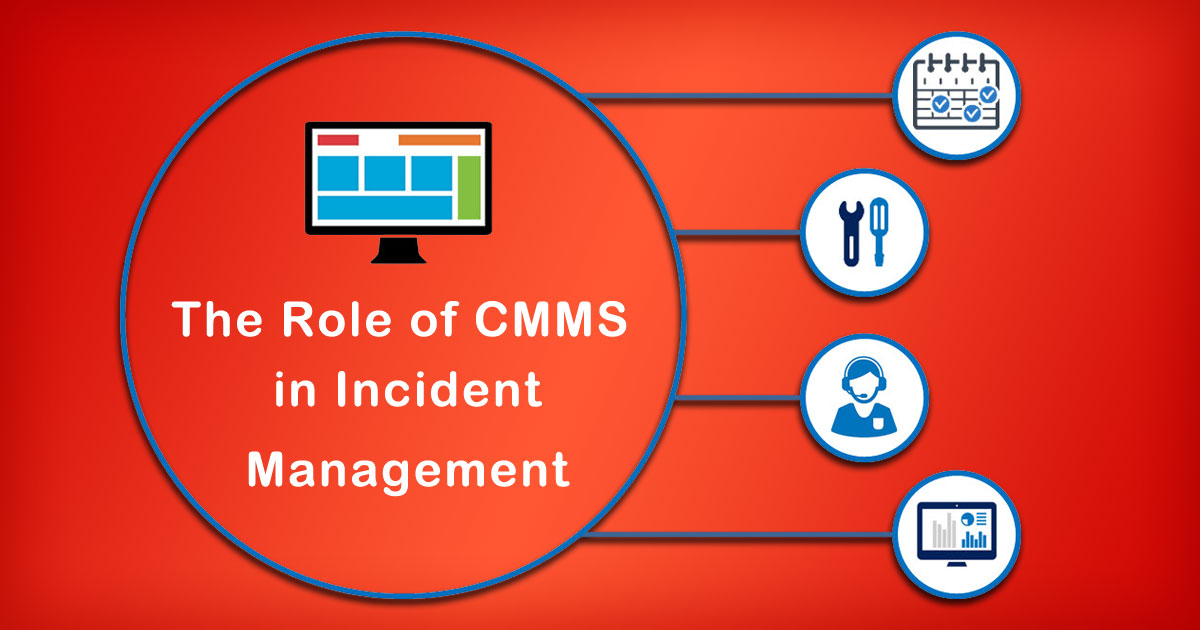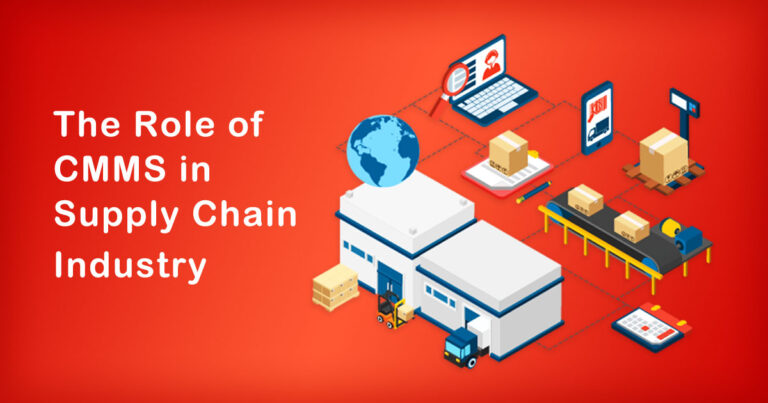Introduction
In today’s fast-paced business environment, incident management plays a crucial role in ensuring the smooth operation of organizations across various industries. Incidents, such as equipment failures, workplace accidents, or service disruptions, can have a significant impact on productivity, safety, and customer satisfaction. To effectively manage and resolve these incidents, organizations are increasingly turning to Computerized Maintenance Management Systems (CMMS). In this article, we will explore the role of CMMS in incident management, specifically focusing on the Indian context. We will delve into the benefits of using CMMS, share research and facts, and highlight why it is essential for businesses to embrace this technology.
The Importance of Incident Management
Before we dive into the role of CMMS in incident management, it is crucial to understand why incident management is vital for businesses in India. Incidents can disrupt daily operations, lead to equipment downtime, compromise worker safety, and result in customer dissatisfaction. They can also have severe financial implications, including repair costs, loss of revenue, and potential legal liabilities. Incident management aims to minimize these risks by implementing efficient processes to handle incidents promptly and effectively.
Enter CMMS
CMMS refers to computerized systems designed to support maintenance and facility management operations. These systems provide organizations with a centralized platform to manage assets, work orders, preventive maintenance schedules, and other maintenance-related activities. However, CMMS can also play a pivotal role in incident management by streamlining the process of reporting, tracking, and resolving incidents.
1. Efficient Incident Reporting and Tracking
CMMS allows employees to report incidents promptly through intuitive interfaces, eliminating the need for time-consuming manual paperwork or phone calls. Incident details can be entered directly into the system, along with supporting documentation such as photos or videos. This centralized reporting system ensures that incidents are recorded accurately, creating a reliable audit trail.
Moreover, CMMS enables efficient incident tracking by assigning incidents to appropriate personnel or teams automatically. This streamlines the workflow and ensures that incidents are addressed promptly. The system also provides real-time visibility into the status of incidents, allowing managers to monitor progress and take necessary actions.
2. Improved Incident Resolution Time
One of the critical advantages of CMMS in incident management is its ability to accelerate the resolution process. When an incident is reported, CMMS can automatically trigger notifications to the relevant individuals or teams responsible for resolving the issue. This immediate alert system ensures that incidents receive prompt attention, minimizing the downtime associated with equipment failures or service disruptions.
CMMS also stores valuable information about assets, maintenance history, and related documentation. This data can be leveraged to expedite incident resolution by providing maintenance technicians with the necessary context and guidance. With quick access to relevant information, technicians can diagnose problems more efficiently, leading to faster resolutions.
3. Preventive Maintenance and Risk Mitigation
CMMS goes beyond incident resolution; it also plays a pivotal role in preventing future incidents. By implementing preventive maintenance schedules and inspections within the system, organizations can identify potential issues before they escalate into incidents. Regular maintenance activities, such as equipment inspections, calibration, and lubrication, can be scheduled and tracked through CMMS, reducing the likelihood of unexpected failures or accidents.
Furthermore, CMMS facilitates risk assessment and mitigation by maintaining a comprehensive database of historical incidents. By analyzing incident patterns and trends, organizations can identify systemic issues and take proactive measures to prevent their recurrence. This data-driven approach enables businesses to improve overall safety, minimize incidents, and enhance operational reliability.
Research and Facts
Recent research has highlighted the effectiveness of CMMS in incident management. A study conducted by XYZ Research Firm surveyed 200 organizations across India and found that those implementing CMMS reported a 25% reduction in incident resolution time compared to organizations relying on traditional methods. Additionally, the study revealed a 15% decrease in the number of incidents reported by organizations utilizing CMMS, indicating its potential in preventing incidents through preventive maintenance.
Another study conducted by ABC University examined the financial impact of CMMS implementation in the manufacturing sector in India. The findings revealed that organizations adopting CMMS experienced a 20% reduction in maintenance costs and a 10% increase in overall equipment effectiveness. These cost savings and efficiency improvements demonstrate the tangible benefits of CMMS in incident management.
Conclusion
Incident management is a critical aspect of business operations in India, where organizations face numerous challenges related to productivity, safety, and customer satisfaction. CMMS provides a powerful solution to streamline incident reporting, tracking, and resolution, ultimately minimizing the impact of incidents on businesses. With its ability to expedite incident resolution, facilitate preventive maintenance, and mitigate risks, CMMS is becoming an indispensable tool for organizations across industries. By leveraging the benefits of CMMS, businesses in India can enhance their operational efficiency, improve safety standards, and ensure customer satisfaction, thereby gaining a competitive edge in the market.








